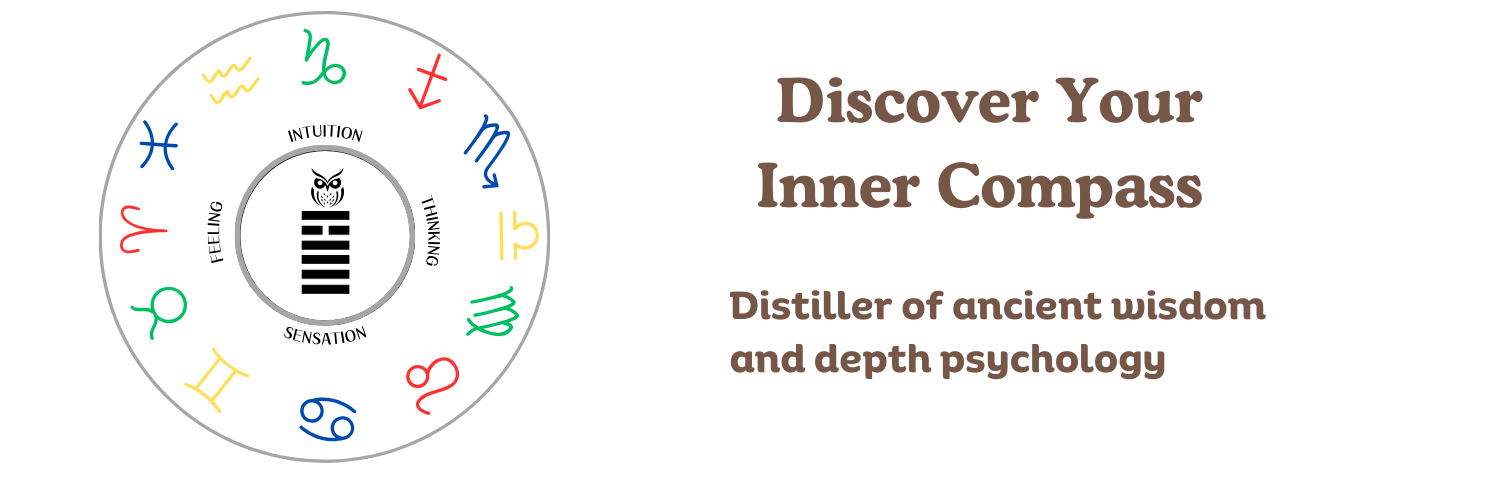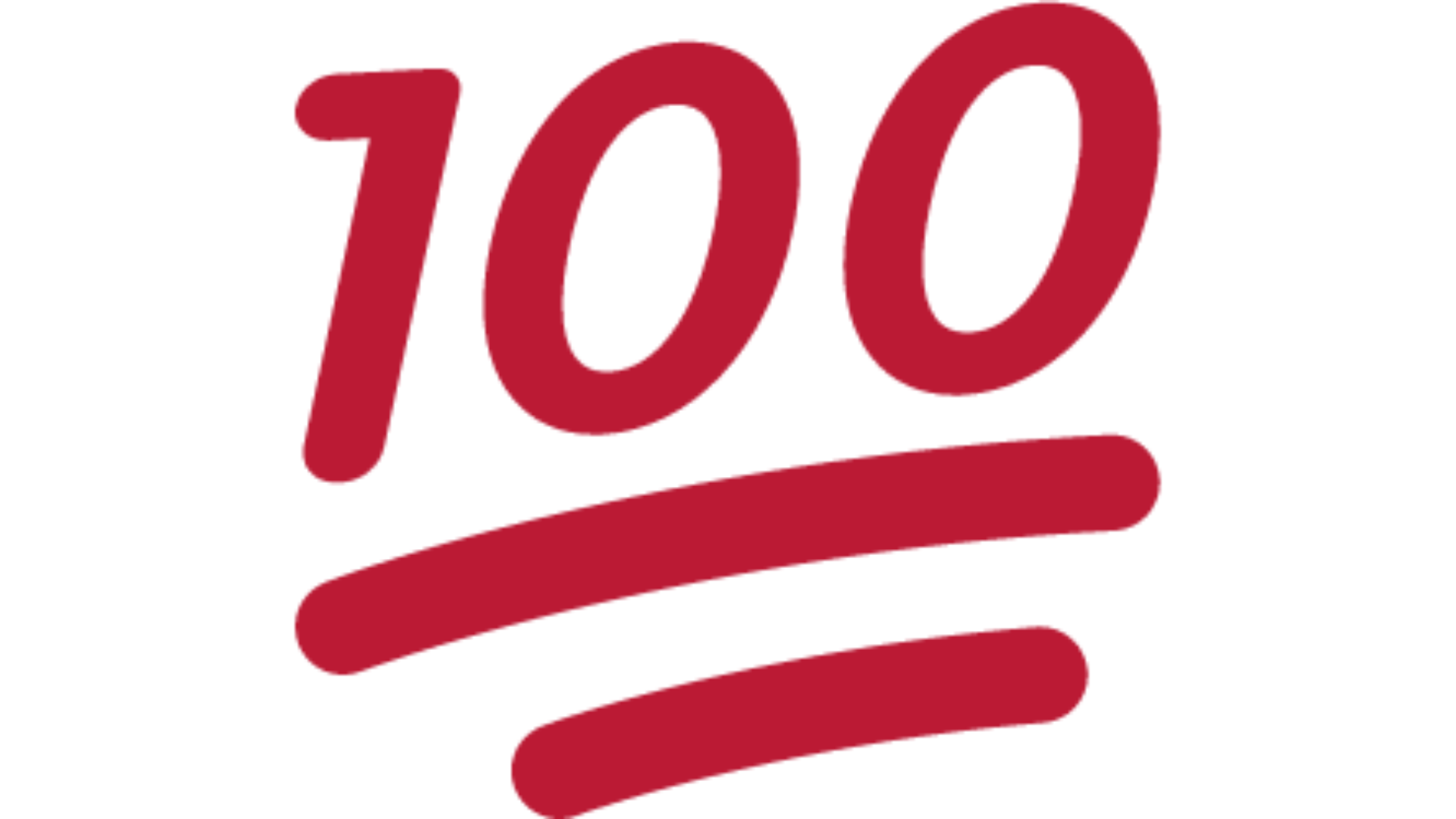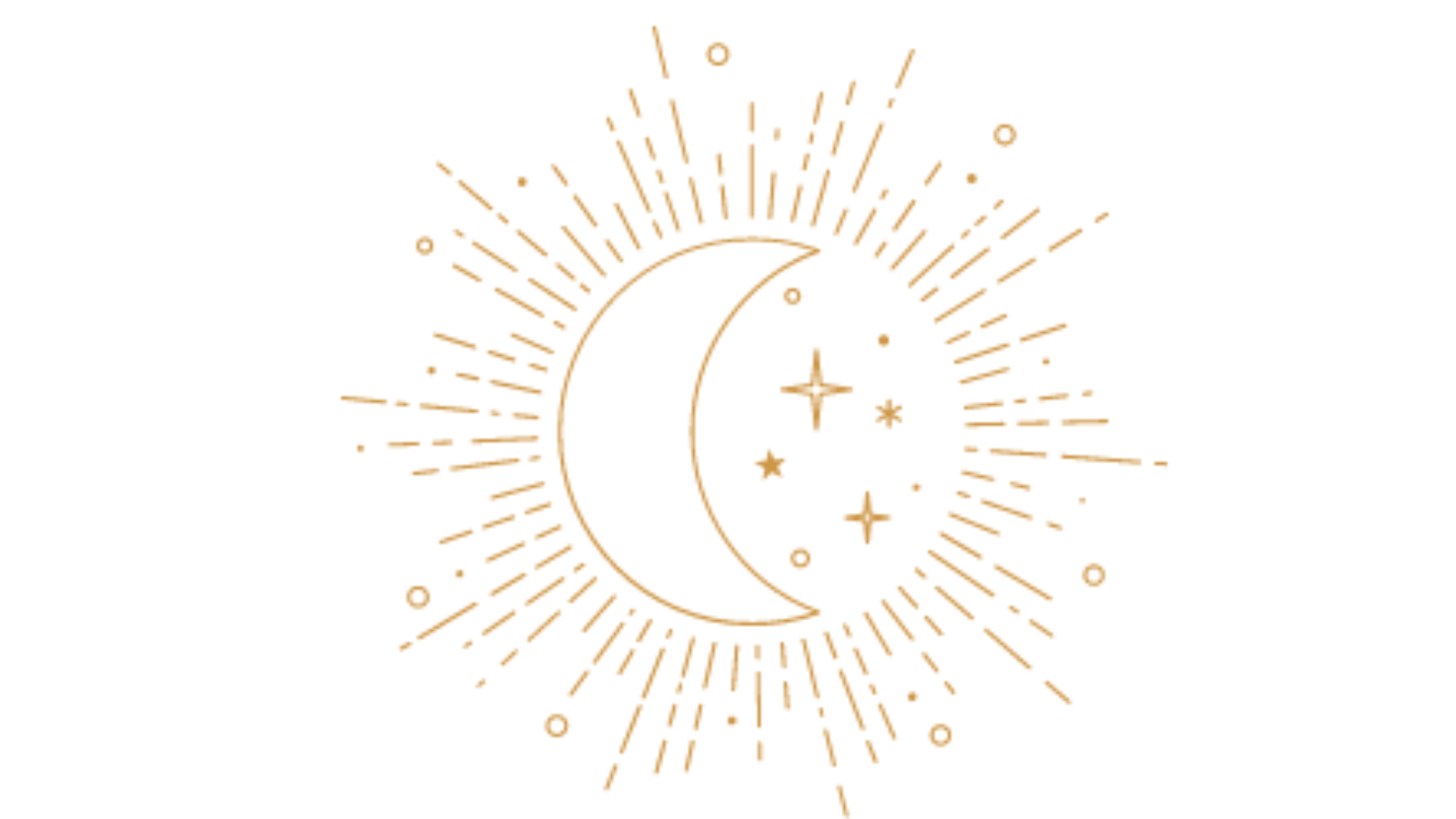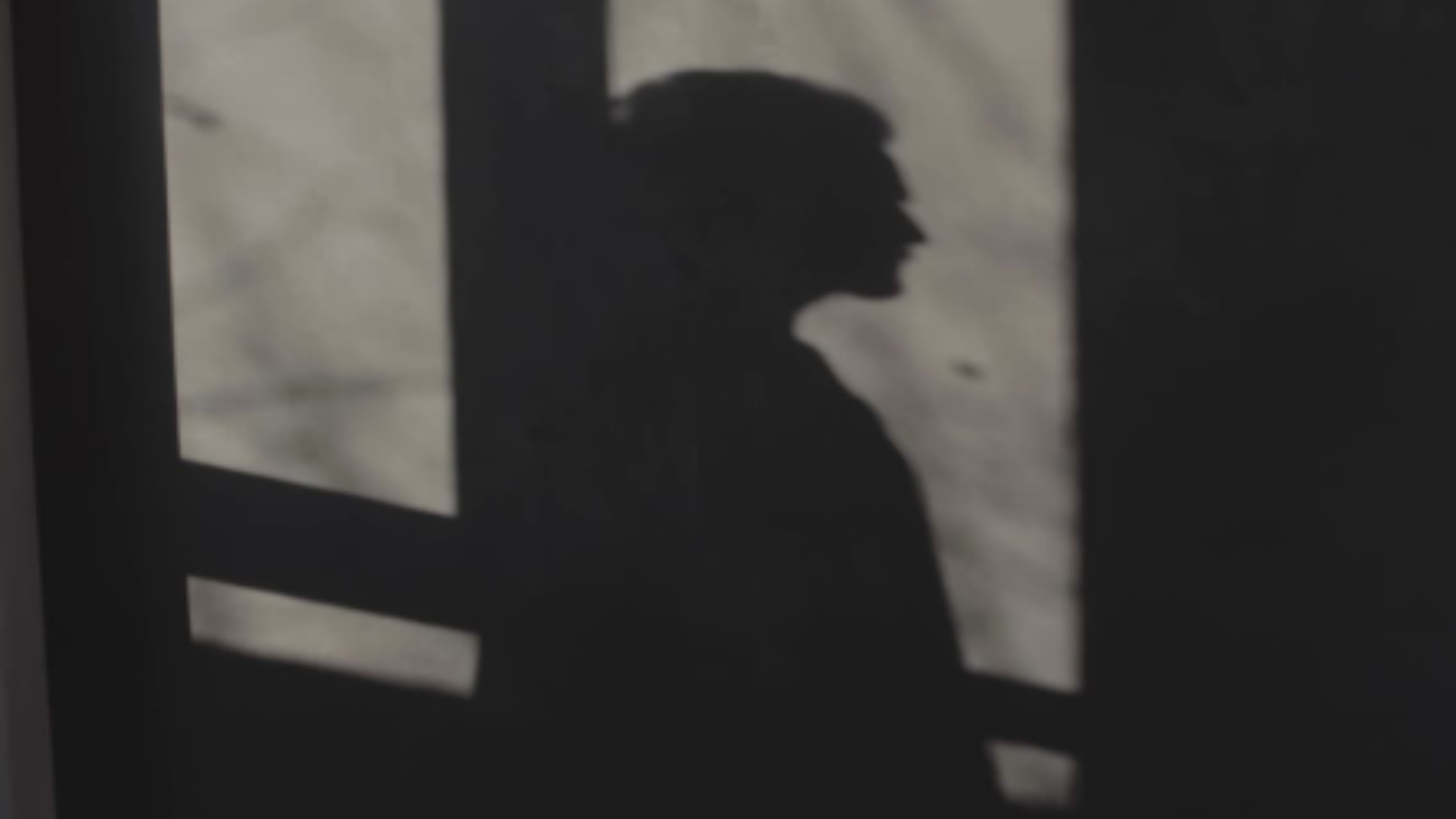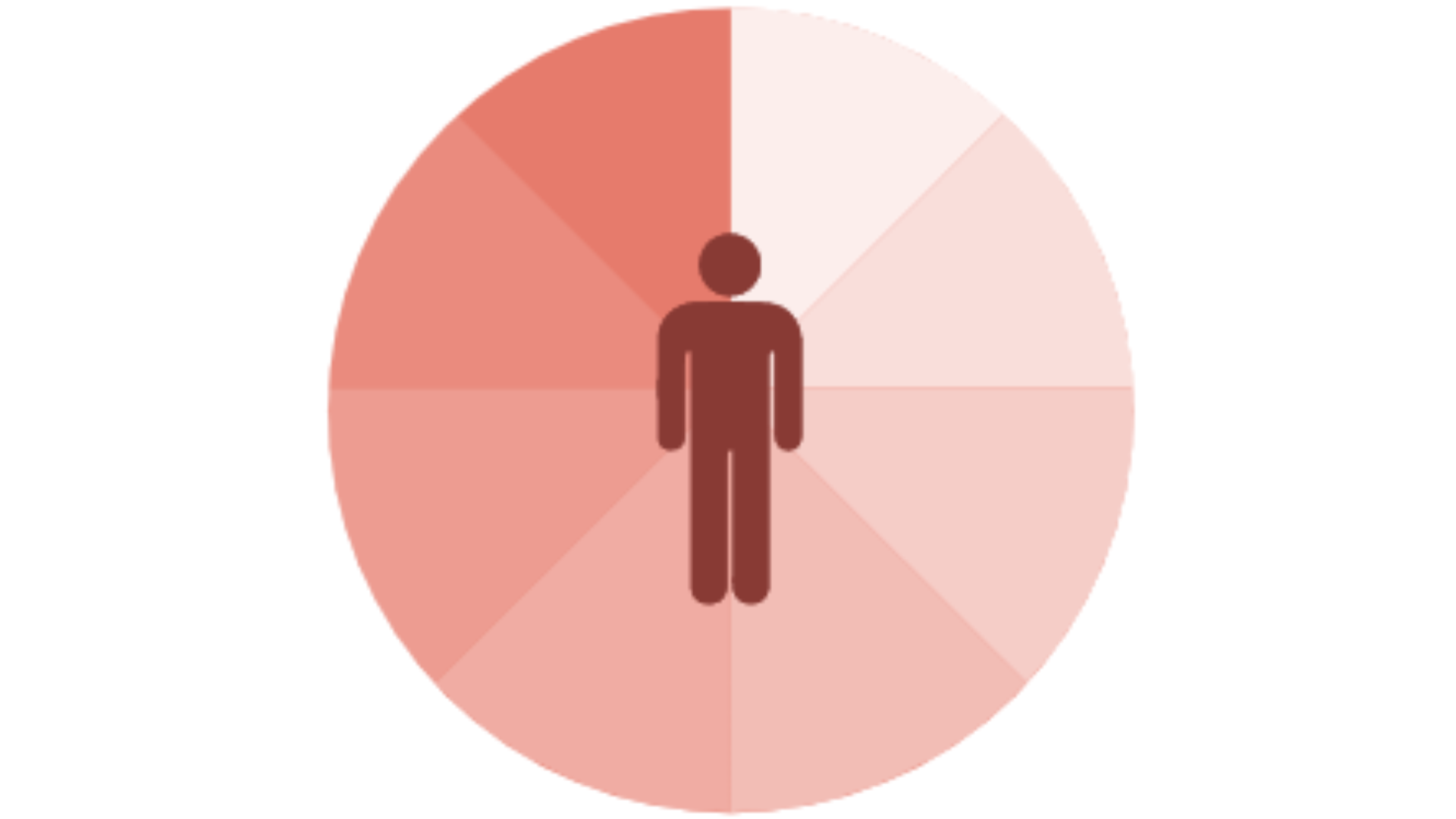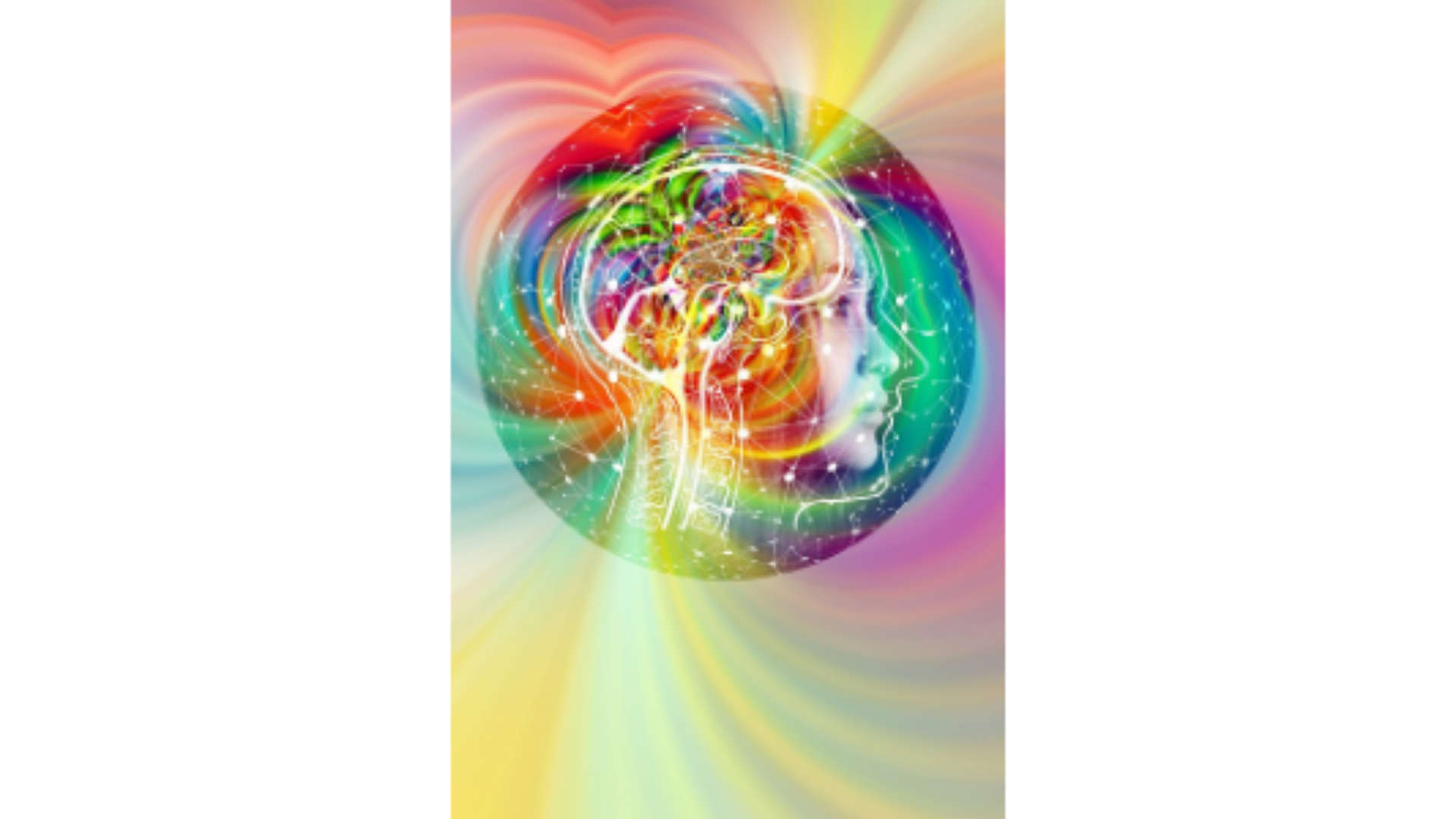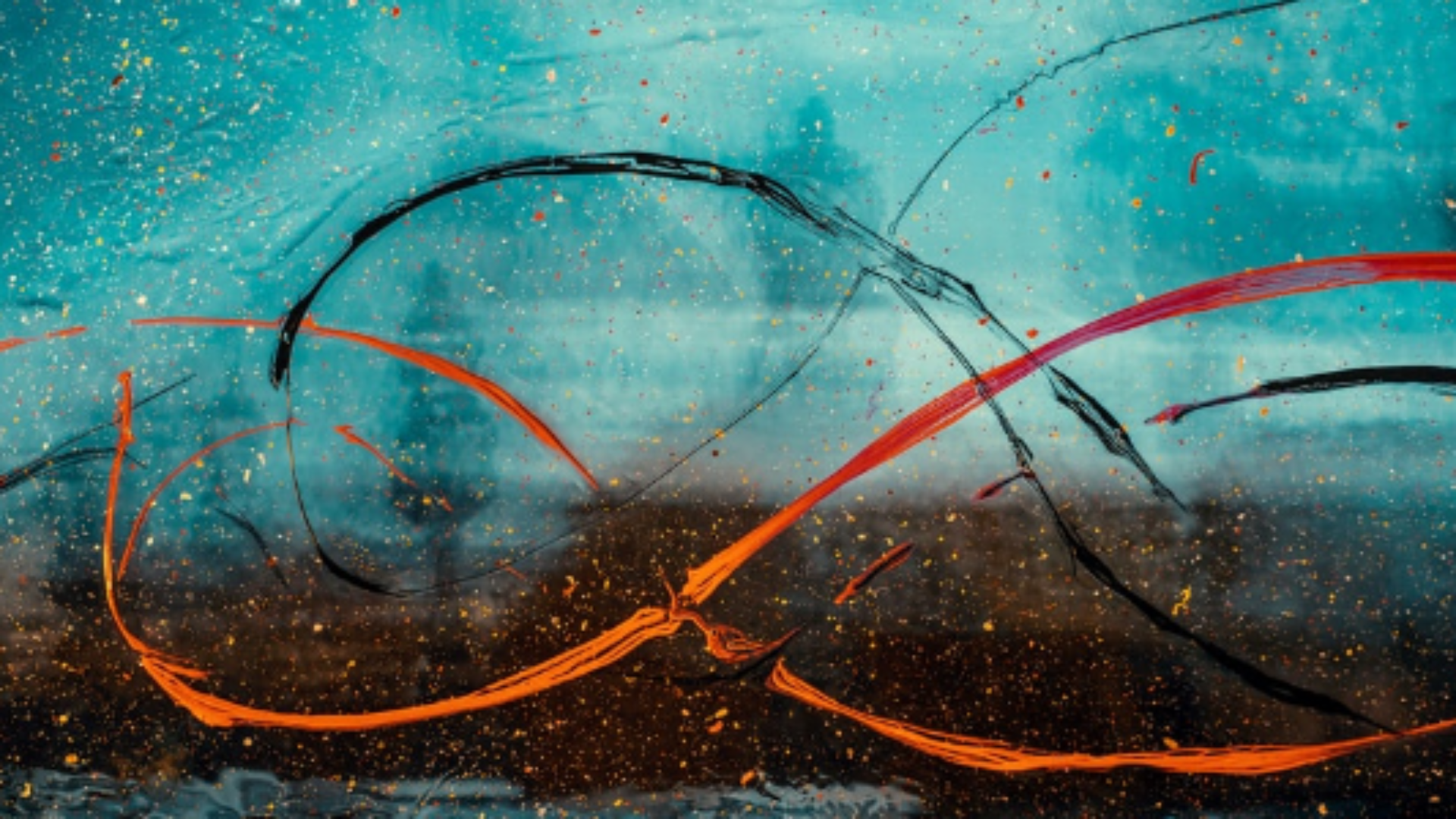The middle two functions of the personality: are there “jumpers?”
The Objective Personality system expands the personality types to include “jumpers:” types where the third function is more used or respected than the second function. For example, an INFJ type could respect their third Ti (introverted thinking) function more than their second function of Fe (extraverted feeling).
This concept is not exclusive to Objective Personality and actually originates with Jungian typology. Carl Jung said that during the first half of life the middle two functions are vying for the second slot in order to “help” the ego. This is the source of most problems in the first half of life:
For example, if an individual has differentiated introverted feeling as a superior function, most problems in the first half of life will have to do with the opposition between sensing and intuiting, either in the extraverted or introverted modes, trying to align with the superior introverted feeling function. Through the opposition another function is being differentiated out for consciousness.
Typically for Jung only in the second half of life does one truly get into the problem of opposites involving the superior and inferior function in the classic sense described, for example, in Chapter IV [of Psychological Types]
Jung’s Typology in Perspective by Angelo, p. 160
Therefore the personality type of someone into their 30’s or so is going to fluctuate due to this jumper-type activity. Furthermore, Jung thought that for most people, the auxiliary function remains mostly unconscious, so getting too nuanced about type wouldn’t have been of much interest to him.
Jungian analyst Joseph Henderson, who worked closely with Jung, thought everyone was a jumper type, and said that his own type was Ne/Fe (an ENTP with extraverted feeling preference). Jungian analyst John Beebe, however, thinks this is a mistake:
Even those who recognized both Jo Wheelwright’s intuition and his feeling (and there were many who could only see one or the other of these functions when engaged by him) did not always know what to call them (some thought Jo’s extraverted intuition was simply intrusiveness, or narcissism), and few could figure out which of these functions was primary and which secondary (most people assumed that he had ‘extraverted feeling’ as his main modus operandi, not realizing, I believe, that they were conflating the extraversion of his superior function (intuition) with the availability or readiness of his auxiliary function (introverted feeling). This kind of conflation of the two leading functions into one—comprising the attitude of the dominant and the function of the auxiliary—is a very easy mistake to make in attempting type diagnosis. [emphasis mine]
Energies and Patterns of Psychological Type by John Beebe
Therefore, before coming to the conclusion someone has a jumper tendency in their type, one should check and see if you are conflating the attitude portion (i.e. the extraversion or introversion ) of the dominant function with the second/auxiliary function.
Marie-Louise von Franz said it was possible for someone to develop the third/tertiary function before developing the second/auxiliary function.
One of my issues with jumper types is that a jumper type would have the problem of being even more one-sided than a regular type because the top two functions (called “saviors” in Objective Personality typology) would both be either extraverted or introverted.
Overall I agree with Beebe that the order of the four functions is qualitative and not strictly linear at all times, because the archetypal roles of the personality (Hero, Parent, Child, Anima/Animus) display differently in each person. He also says that “a century of type research” has verified that the functions do not express the same way in each person. There is “normal variation” in the “strength and reliability of the functions” according to the preferences of that individual.
We all have our jumper moments. As Beebe says, “It is as if [the functions] form an interacting cast of characters through which the different functions may express themselves in the ongoing drama of self and shadow that is anyone’s lived psychological life.”
